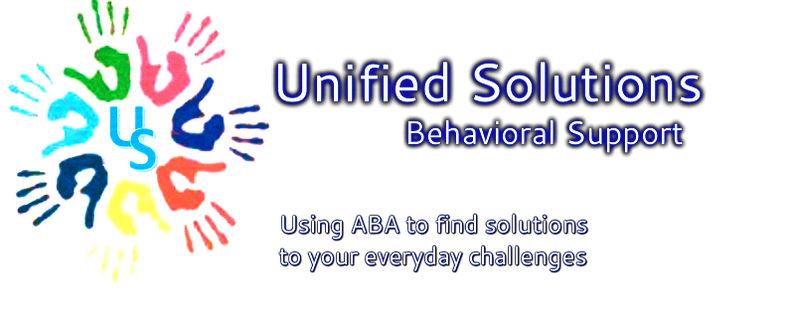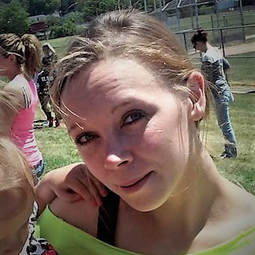All About ABA
What is ABA?
Applied Behavior Analysis (ABA) is a scientific, systematic and evidence-based approach to understanding and changing behavior in order to improve people’s lives. By analyzing how an individual’s current behaviors function — meaning how those behaviors fulfill certain needs — a behavior analyst can identify ways to modify the environment and teach new skills that will improve an individual’s health and safety, ability to communicate, independence, and socially significant relationships with others within each of those environments.
What is it used for?
|
|
Is ABA effective?
YES!
- A 2007 clinical report of the American Academy of Pediatrics concluded that the benefit of ABA-based interventions in autism spectrum disorders (ASDs) "has been well documented" and that "children who receive early intensive behavioral treatment have been shown to make substantial, sustained gains in IQ, language, academic performance, and adaptive behavior as well as some measures of social behavior." Myers, S.M.; Johnson, C.P.; Council on Children with Disabilities (2007). "Management of children with autism spectrum disorders". Pediatrics 120 (5): 1162–82. doi:10.1542/peds.2007-2362. PMID 17967921. Lay summary – AAP (2007-10-29).
Who can practice ABA?
Just as a medical treatment program should be directed by a qualified medical professional, ABA programs for learners with autism should be designed and supervised by qualified professionals, which include either licensed clinical psychologists with training in applied behavior analysis or behavior analysts, who are board certified with supervised experience providing ABA treatment for autism or who can clearly document that they have equivalent training and experience.
Because of the huge demand for ABA intervention for autism, many individuals and programs now claim to provide ABA. Some are private practitioners or agencies that offer services in a family's home. Others operate private schools. And still others provide consultation services to public schools.
Unfortunately, some who claim to offer ABA lack the field’s established minimum requirements in education and practical experience. Family members, teachers and others involved in developing an individual’s therapy and support program should keep the following in mind when choosing an ABA program or practitioner:
Always check credentials of those who claim to be qualified in behavior analysis. For example, for licensed clinical psychologists, you should inquire about the level of training in behavioral interventions for autism, including training in applied behavior analysis. For behavior analysts, you should determine whether the person has been credentialed with the Behavior Analyst Certification Board. These professionals often supervise other people, including paraprofessionals, who will be working directly with your child. Thus, it is important that you feel confident that the licensed clinical psychologist or behavior analyst is providing regular supervision to anyone working directly with your child.
Parents, guardians and other care givers should monitor the program by observing sessions and participating in training sessions and consultations.
Because of the huge demand for ABA intervention for autism, many individuals and programs now claim to provide ABA. Some are private practitioners or agencies that offer services in a family's home. Others operate private schools. And still others provide consultation services to public schools.
Unfortunately, some who claim to offer ABA lack the field’s established minimum requirements in education and practical experience. Family members, teachers and others involved in developing an individual’s therapy and support program should keep the following in mind when choosing an ABA program or practitioner:
Always check credentials of those who claim to be qualified in behavior analysis. For example, for licensed clinical psychologists, you should inquire about the level of training in behavioral interventions for autism, including training in applied behavior analysis. For behavior analysts, you should determine whether the person has been credentialed with the Behavior Analyst Certification Board. These professionals often supervise other people, including paraprofessionals, who will be working directly with your child. Thus, it is important that you feel confident that the licensed clinical psychologist or behavior analyst is providing regular supervision to anyone working directly with your child.
Parents, guardians and other care givers should monitor the program by observing sessions and participating in training sessions and consultations.
Is ABA just used for autism?
No. In fact, ABA can be used anywhere behavior can be observed. Here are some of the following areas besides autism and behavioral problems ABA is used:
- Environment/Sustainability issues
- Organizational Behavior Management
- Speech Language Pathology
- Addictions
- Criminal Forensics
- Health and Fitness
- Gambling
- Gerontology
Is there a way to find out more about ABA?
Absolutely! Just click on one of the links below or watch the video to find out more, user-friendly information about ABA!


